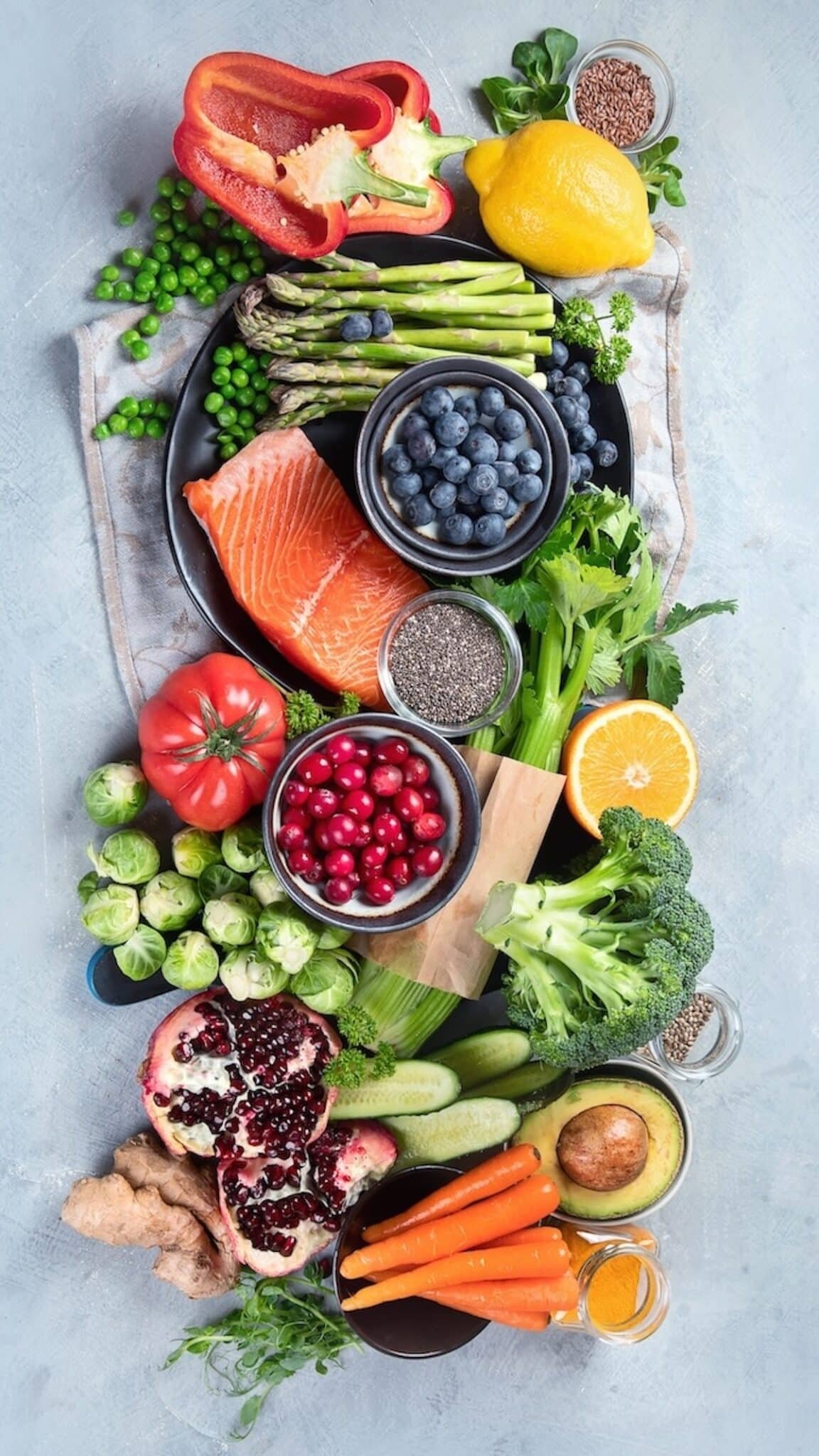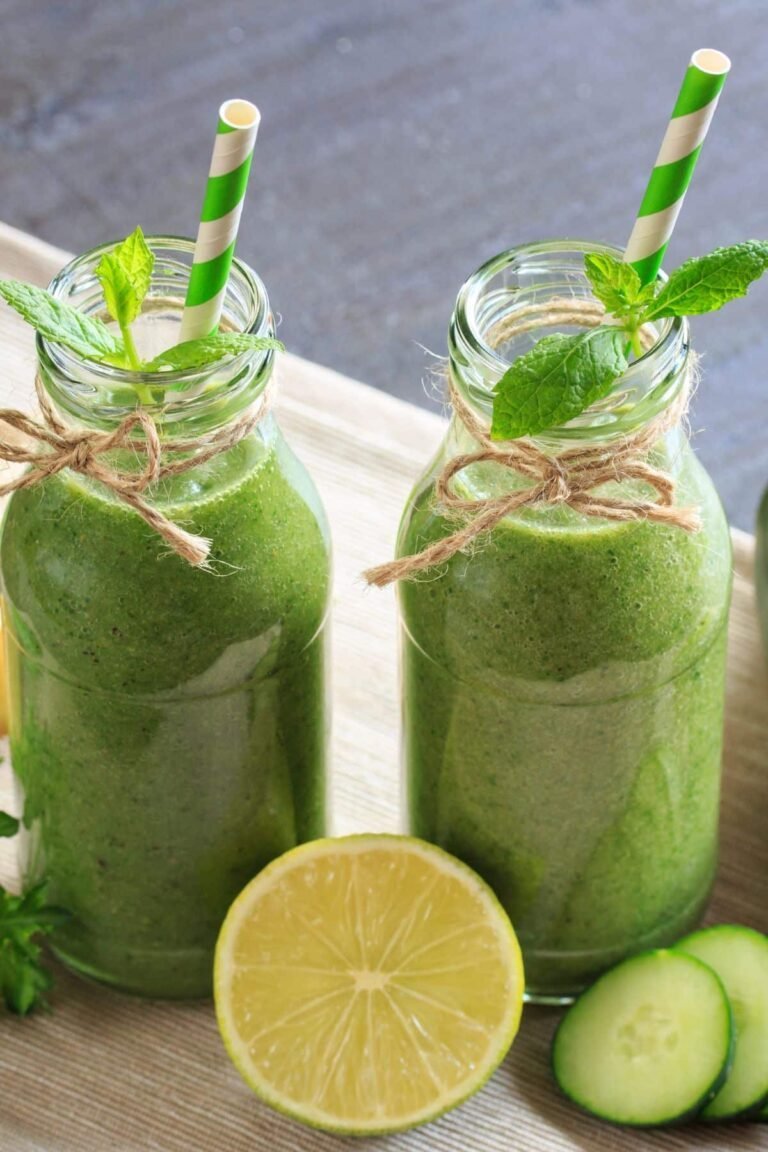Best Diet for Lymphedema: Best and Worst Foods to Eat
Lymphedema can be a challenging condition, but with the right knowledge and lifestyle changes, managing its symptoms is possible. In this blog post, we’ll explore what lymphedema is, its symptoms, the role of diet in managing it, and lifestyle recommendations for improving quality of life.
Understanding Lymphedema:
Lymphedema occurs when the lymphatic system, responsible for fluid drainage and immune function, is impaired. This leads to fluid buildup in various parts of the body, commonly the arms and legs, causing swelling and discomfort.
Symptoms of Lymphedema:
- Pain and swelling in the arms, legs, abdomen, chest wall, or neck.
- Difficulty moving limbs due to significant swelling.
- Changes in skin texture and color.
- Complications such as blisters and difficulty breathing or swallowing if it affects the head and neck.
Diet and Lymphedema Management:
A balanced diet plays a crucial role in managing lymphedema symptoms. Here are some dietary tips:
- Include antioxidant-rich foods like fruits, vegetables, nuts, and seeds to support the immune system and reduce inflammation.
- Opt for lean proteins such as fish, poultry, beans, and tofu to strengthen connective tissues.
- Choose whole grains over refined grains to improve digestive health and control inflammation.
- Incorporate healthy fats like olive oil, avocados, nuts, and seeds to reduce inflammation.
- Avoid high-sodium, processed, and sugary foods, as well as excessive alcohol consumption, which can worsen swelling and inflammation.
Lifestyle Recommendations:
In addition to diet, certain lifestyle changes can help manage lymphedema:
- Engage in regular, low-impact exercises like walking, yoga, or swimming to improve circulation.
- Consider compression therapy and massage sessions to reduce swelling and promote fluid movement.
- Avoid tight clothing and extreme temperatures, and elevate affected limbs to reduce swelling.
- Practice good skincare and hygiene to prevent infections in swollen areas.
Conclusion:
While lymphedema presents challenges, adopting a healthy lifestyle with a focus on diet, exercise, and skincare can significantly improve symptoms and quality of life. By understanding the condition and implementing appropriate strategies, individuals can better manage lymphedema and enjoy a better overall well-being.
FAQs:
1.Can lymphedema be cured?
While there is no cure for lymphedema, symptoms can be managed effectively through lifestyle changes, including diet, exercise, and proper skincare.
2.Are there any natural supplements that can help with lymphedema?
Some herbal supplements, such as horse chestnut seed extract and butcher’s broom, have shown promise in reducing swelling associated with lymphedema. However, it’s essential to consult with a healthcare professional before taking any supplements, as they may interact with medications or existing medical conditions.
3.How can I prevent lymphedema from worsening?
To prevent lymphedema from worsening, it’s essential to maintain a healthy lifestyle, including a balanced diet, regular exercise, proper skincare, and avoiding factors that can exacerbate swelling, such as tight clothing and extreme temperatures






